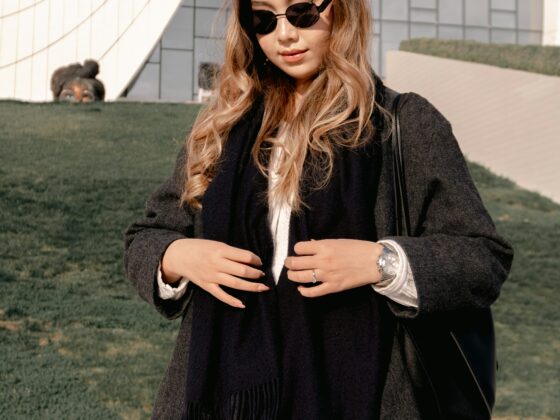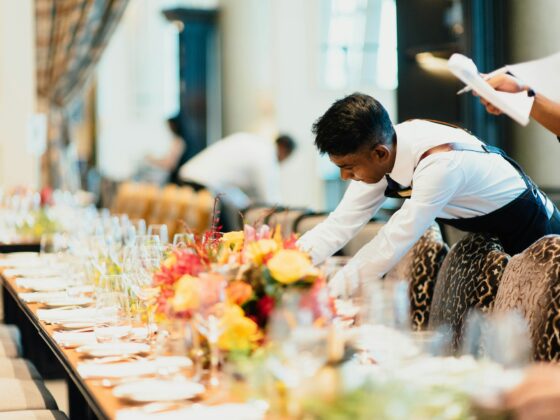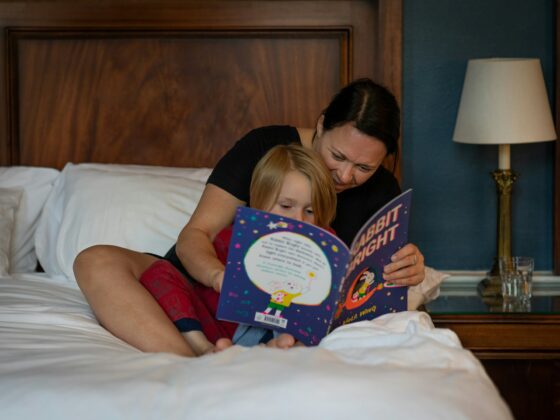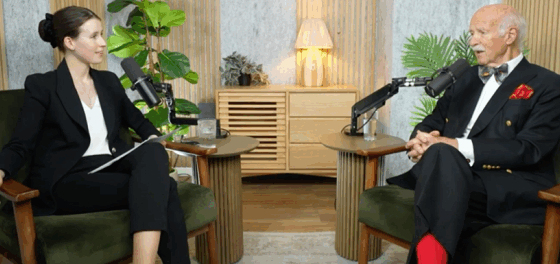RAMBLING INTRODUCTION THAT SERVES AS A HOOK
Are we all back now? Holidays over? Yes?
(Ok, maybe not as great as stuffing your face with cake and washing it down with sparkling wine – 24/7, but let’s be positive and give 2025 a chance.)
If there’s one thing I love about January is the endless choice of listicles announcing all that [ will / may / hopefully won’t ] happen in the new year. A particular delectable sub-category that seems to be gaining more traction as I get older is black swan events. That’s where you find stuff like “we make contact with aliens”, “AI takes over the planet”, “the sudden collapse of the NAC”. LOVELY. But hey, this year I also spotted a list of black cygnets. That makes it sound cuter, right?
Anyway, I thought I’d add to the noise and issue my prediction too. Except – it’s too early in the year for me to take responsibility (Yeah, I’m not the type to commit to anything before February. I liked that cake. I liked that wine. No regrets.). SOOO… instead I’ll just class this as a friendly black swan. Very unlikely to happen, but if it does, we’re going to see some fireworks (or a Dazzling Drone Dance, since fireworks are not fashionable).
SUCCINCT STRIKING STATEMENT
A major consumer brand starts its own hospitality brand.
OK… CARE TO ELABORATE?
Well, it’s simple. A world-class, well-loved brand with strong following announces the opening of its first hotel. It also hints at a pipeline of further openings for the coming 18 months. This could be anything:
· Neighbourhood Tokyo – brutalist lofts with a rotating resident artist acting as Host/GM, membership-based, long stay focus
· Patta Amsterdam & Patta Lagos – colourful midscale hotels known for their last minute appearances and performances by big name musicians and sportsmen
· Casa Loewe (New York, Singapore, Seoul) – ultra luxury, but make it quirky: a slice of upscale extravaganza to redefine the meaning of Spanishness around the world
· Lululemon Vancouver – going all in with fitness areas as well as a truly holistic approach to wellness, fostered by hygge-inducing spaces
· Heaven Berlin & Heaven San Diego – Marc Jacobs’s bratty brainchild reinvents hostels as cliquey, alt-inspired, ever-changing theatres that combine futuristic pods and cinematic communal areas
· Fjallraven Cabins (Nuuk, Reyjkjavik, Kiruna) – a fast-growing constellation of minimalist glamping sites scattered near the Arctic Circle, to reactivate the brand and tie it to the tourism surge in these locations
· Liquid Death Resort (Gold Coast AU, Everglades US) – adult-only playgrounds featuring a thick calendar of live music, extreme sports, with surrealist collabs dropped in between them
Converging mega trends finally reach an epiphany point: hospitality is the ultimate storytelling stage. Nowhere else can immersive experiences be SO immersive – you literally wake up inside one. The brand narrative is tightly controlled, and the opportunity to elaborate it and unfold it are much wider and organic than yet another crafted social media post. Entire arcs can be developed within the four walls of a hotel, with the guest as the true main character, taking ownership of their relationship with the brand. Lasting memories translate in lifelong bonds (and with that, returning purchases, word-of-mouth, the whole lot). Paradoxically, brands with an existing strong cultural cachet don’t need to put in any marketing work for these outlets: open the doors, and the guests (fans?) shall come. They only need to focus on providing impeccable service (it’s still an overnight stay after all, things must work or the brand experience is tainted). And that leads us to the next point.
WHAT ABOUT HOSPITALITY COMPANIES?
To the gates! The real branding experts have stormed the castle! We need to get our shit together! After one big “aha!” moment, I would expect the traditional native hospitality players to eventually fall in one of these three buckets:
1) The Icons
2) The Realists
3) The Shadows
Ok, there’s one more – those going bust. But let’s assume industry leaders see the light and choose one of the other three routes…
· THE ICONS
o These are those world-famous, larger-than-life hospitality brands that already have their ambassadors and cults. Most of them operate are either operating in the ultra-luxury segment, have a very long history and heritage, or are boutique independents with a surgical positioning. Or all of them. With appropriate funding and inspired ownership (not a given), they can keep fighting and in fact should start the same process as the newcomers, but in reverse. Born as hotels, and then branching out towards other lifestyle segments – finally breaking free from the eternal shackles of a hospitality product: its bricks and mortar, and the fact that most people don’t need to travel every week. So, how do you stay top of mind and how do you make money from your fans? You sell them everything else they need in their lives.
· THE REALISTS
o If the real brand powerhouses enter the arena, we can finally scream “the king is naked!”. Meaning, it might be time to accept the fact that most of those hospitality brands are… not brands. They are logos, names, pawns to occupy the real estate map. We sometimes forget that the obsession with emotional attachment to and distinct positioning of hotel brands has not been around forever: aside from those few icons mentioned above, this is a process that has stemmed out of the successful first waves of lifestyle/design hotels. The reason why we insist on coming up with new brands that seemingly appeal to the same midscale edgy urbanite, is that this worked so well when a few weirdos and visionaries did it in the 80s and 90s. Breaking news: we still would need hotels, even stripped of all the storytelling, dj booths, fancy cocktails. As painful as it sounds to hear, there is a bulk of (corporate, but not only) travellers that would still need a good bed and a shower even if we stop doing curated playlists, manicured Instagram feeds and cute silly novelties in the lobbies. So we may well see the tide turning back. Less brands, less promises, a focus on location, pricing, cleanliness, good honest service. Boring, yes. But there’s still money to be made.
· THE SHADOWS
o Ok this sounds ominous! It’s not. It’s meant to mirror shadow kitchens and the whole model of providing a service in tandem – you put up the nice façade, I work behind the scenes. If non-native brands eventually invade the hospitality sector, they will run into a big issue: how do I deliver fantastic service that will enhance my brand, rather than ruining it in a sloppy way? How do I do that if my company has zero history of managing properties and guests? Some will steal talent and bring it in-house, but others will seek strong partnerships with the industry experts. Cue The Shadows. Think about the current operator/franchisee model, but on steroids. This won’t be as easy: the brands will come in with the playbook from hell, as their reputation is on the line, and they will care about details in a way hospitality players are not used to (except some at the very high end). I would expect some healthy friction and medium-term tussle between the sides in determining where does one’s responsibility end where the other’s begins. That crucial role in-between, the experience curator, will it come brand side or operator side?
CONCLUSION
What are your thoughts? Can you imagine non-hospitality brands muscling their way into the sector? Is 2025 the year we will see the first large-scale, non-experimental foray? (Various lowkey attempts have surfaced in the past years) Do you think bland native brands will still be around (or even worse, being created) in 10 years from now?
And most importantly, panettone or pandoro?






